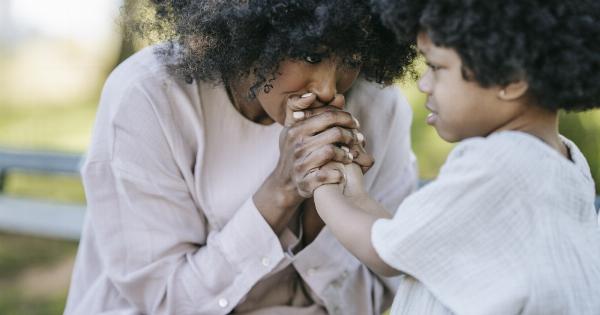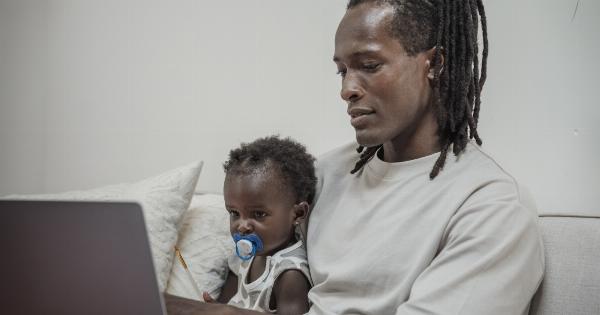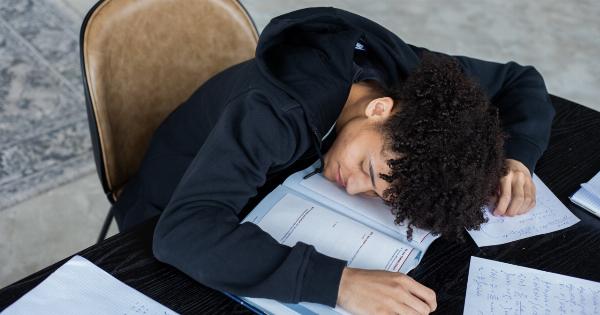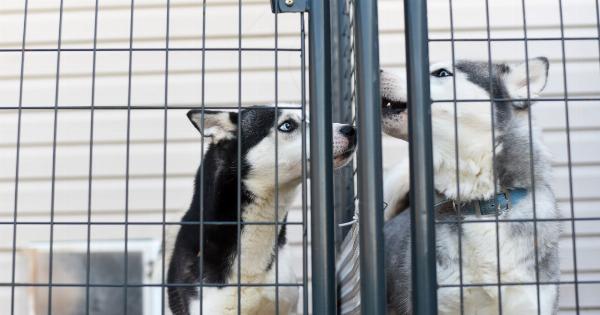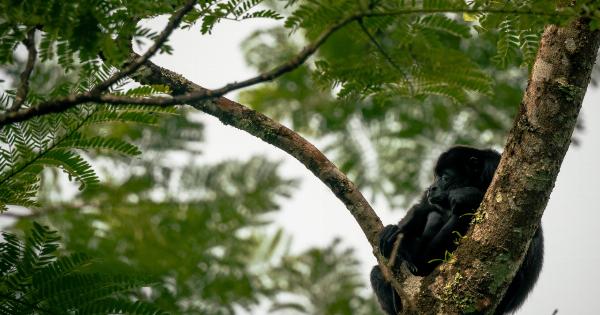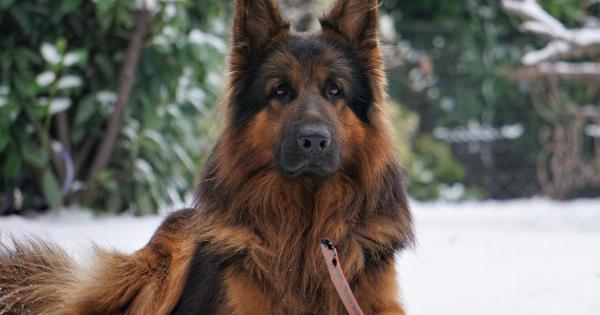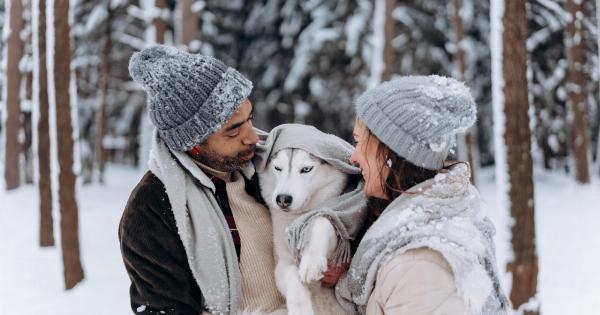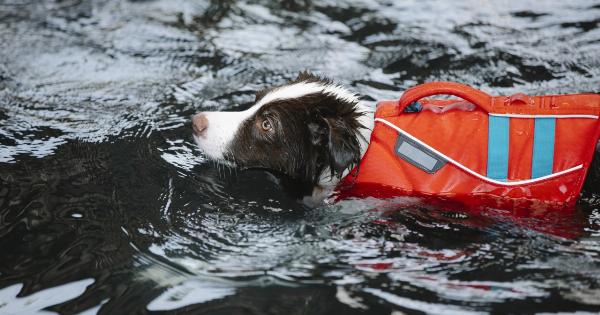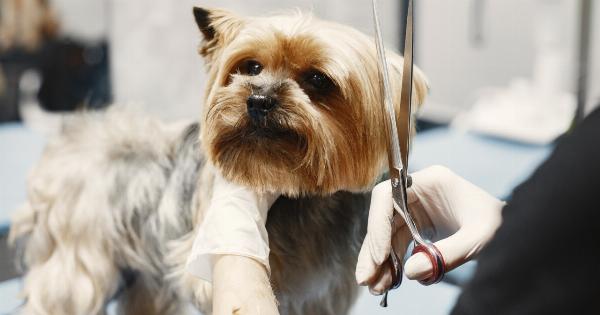Cats have always been known as independent creatures that require minimal attention from their owners. However, recent studies have shown that cats are more dependent on their owners than we think.
In this article, we will explore the reasons behind this dependency and how we can better understand our feline friends.
Body
1. Domestication
Cats have been domesticated for thousands of years, and as a result, they have become dependent on humans for food, water, and shelter. While they may not show it, cats rely on their owners to provide for their basic needs.
2. Socialization
Contrary to popular belief, cats are social creatures that require interaction and playtime. They also need to feel safe and secure in their environment, which is why they often seek out their owners for comfort and reassurance.
3. Health Concerns
Like any pet, cats can suffer from various health issues that require prompt attention. In these cases, it is important for owners to be proactive and seek medical assistance when necessary.
Cats depend on their owners to provide them with proper healthcare and medication.
4. Emotional Support
Cats may not require as much attention as dogs, but they still need emotional support from their owners. This is especially true for indoor cats, who can become bored and lonely if left alone for extended periods of time.
Spending quality time with your cat can help prevent behavioral issues and improve their overall mood.
5. Training and Discipline
Training and discipline are important aspects of pet ownership, and cats are no exception. While cats are highly independent, they still need guidance and boundaries to prevent destructive behavior.
Owners are responsible for training their cats and providing them with a safe and structured environment.
6. Environment
Cats are highly sensitive to their environment, and they depend on their owners to provide them with a comfortable and stimulating space. This includes access to food and water, litter boxes, scratching posts, and toys.
Owners should also be aware of potential hazards in the home, such as poisonous plants and toxic chemicals.
7. Communication
Cats communicate in different ways than humans, and it is important for owners to understand their body language and vocalizations. This can help prevent misunderstandings and improve the bond between cat and owner.
Cats depend on their owners to interpret their signals and respond accordingly.
8. Lifespan
Cats have a relatively long lifespan compared to other pets, and they require consistent care throughout their lives. This includes regular veterinary checkups, grooming, and teeth cleaning.
Owners must be prepared to provide for their cats over many years, which requires dedication and responsibility.
9. Emotional Bonding
Despite their reputation for independence, cats are capable of forming strong emotional bonds with their owners. They can be affectionate and loving, and they often seek out their owners for comfort and attention.
Owners must be willing to reciprocate this love and build a trusting relationship with their feline companions.
10. Unique Personalities
Cats are unique creatures with their own personalities and quirks. Owners must be willing to accept and embrace their cat’s individuality, which requires patience, understanding, and flexibility.
Cats depend on their owners to respect their boundaries and provide them with the space they need to thrive.
Conclusion
Cats may be independent creatures, but they still depend on their owners more than we think. By understanding the various ways in which cats rely on us, we can provide better care and build stronger bonds with our feline companions.



